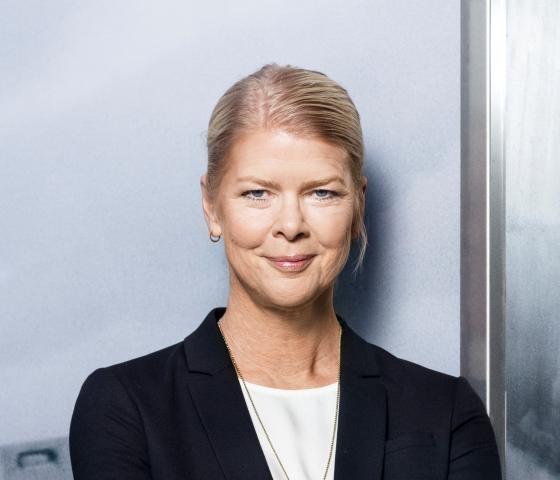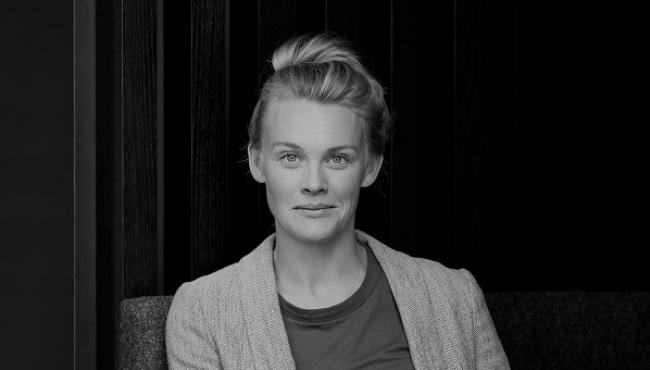
An interview with Malin Frenning: "It’s an evolution rather than a revolution"
As part of our recently launched book Predicting the Unpredictable – a Nordic Approach to Shaping Future Cities, written by Jonas Gustavsson, President and CEO and Helena Paulsson, Head of Urban Development, we conducted a number of interviews with experts relevant to the book’s subject.

This is an excerpt from the book "Predicting the Unpredictable - a Nordic Approach to Shaping Future Cities".

Malin Frenning has more than 20 years of experience within digitalisation and innovation. She has previously held leading positions at TeliaSonera Group as CEO of Telia Sweden and President for Business Area Broadband. After two years as County Council Director for the Stockholm County Council, she joined AFRY Group Management as Head of the Infrastructure Division.
You have been part of the digitalisation journey for more than 20 years. How have attitudes toward the internet changed over the years?
I worked at Telia both before and after the arrival of the internet. My career began in 1993 when telephone communications was the key area. Back then, the benefits of the internet were not clear to all our customers or the population as a whole. Many were sceptical. When I started, development was driven largely by researchers and the telecom business, but now we see development to a large extent driven by customers and their needs. For me, digitalisation means something positive – that everything is possible. It is a word for the conditions to create something that is better tomorrow than today, enabling change. It’s an evolution rather than a revolution. Innovation is about creating new opportunities and solutions. It is not only technology, but technology in combination with aspects and functions that are beneficial to society. An enabler for development.
What do you think the view of technology and digitalisation will be in the future?
I believe that it will keep signifying something positive, even though there are downsides to digitalisation, as with everything else. This may involve issues related to integrity and safety. It is important that we do not damage our democracy. More things are taking place on the internet day by day. We must not be naive, but must understand how to use the internet in the best possible way, for example in terms of fact checking. Even though technological development sometimes moves incredibly quickly, it takes time to change and create new behaviours. Some things take a generation. It is important to remain open towards changes. The day curiosity stops, is probably the day one should stop working with these issues.
In Sweden there have been reports of significant parts of IT funding for public authorities going towards maintaining old IT systems, which prevents authorities from digitalising. How do we ensure that digitalisation continues?
One has to be brave to change accustomed patterns. We have to create opportunities. If we dare to realise changes, the rewards may be significant. There has to be a brave structural ability to build in a modular and holistic way in various dimensions. There are many companies today that need to, or have already begun, dealing with their IT spaghetti.
What do you think future cities will look like?
I think future cities are very well organised with efficient means of communication and transport. They are close to most things we need in our daily life, and there are safe ways of getting to work and back. I believe that we will still need the social environment that an office provides, and that not everyone who can will work from home. Aside from this, I believe there will be other conditions in place. There will be other types of jobs, other types of companies, etc. The ecosystem for employment will probably change. Technological development within the area of artificial intelligence brings new conditions for cities, and future cities may need new functions in terms of compliance and surveillance of technology.
